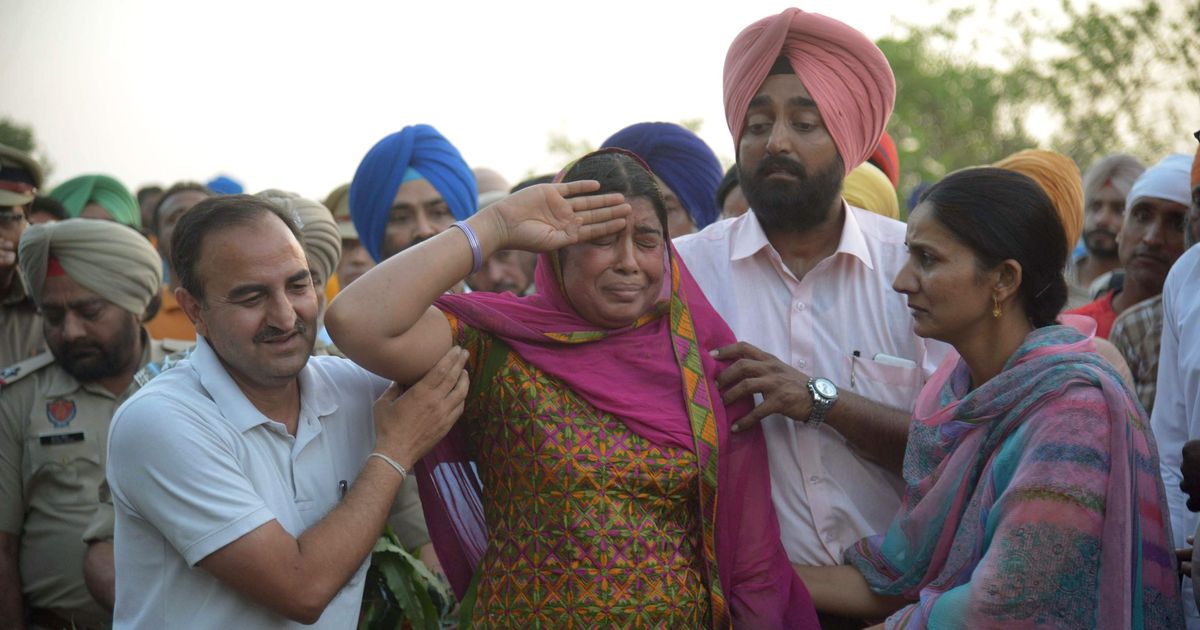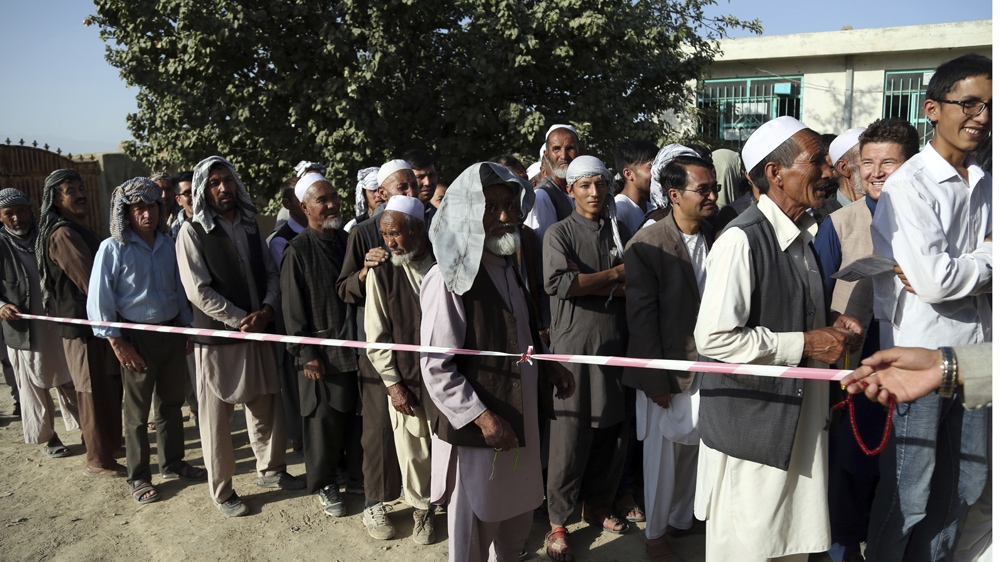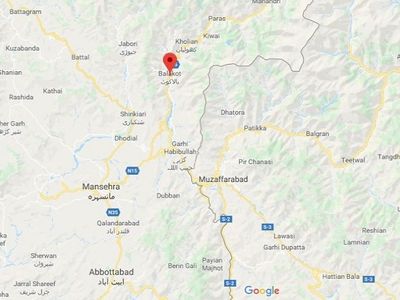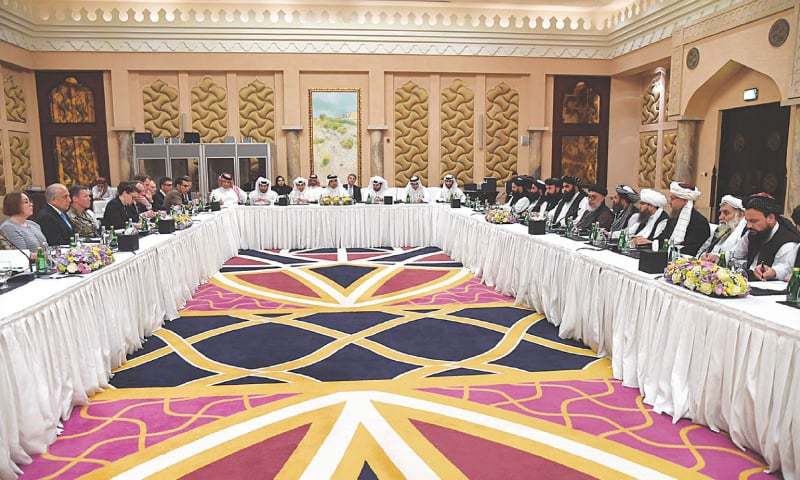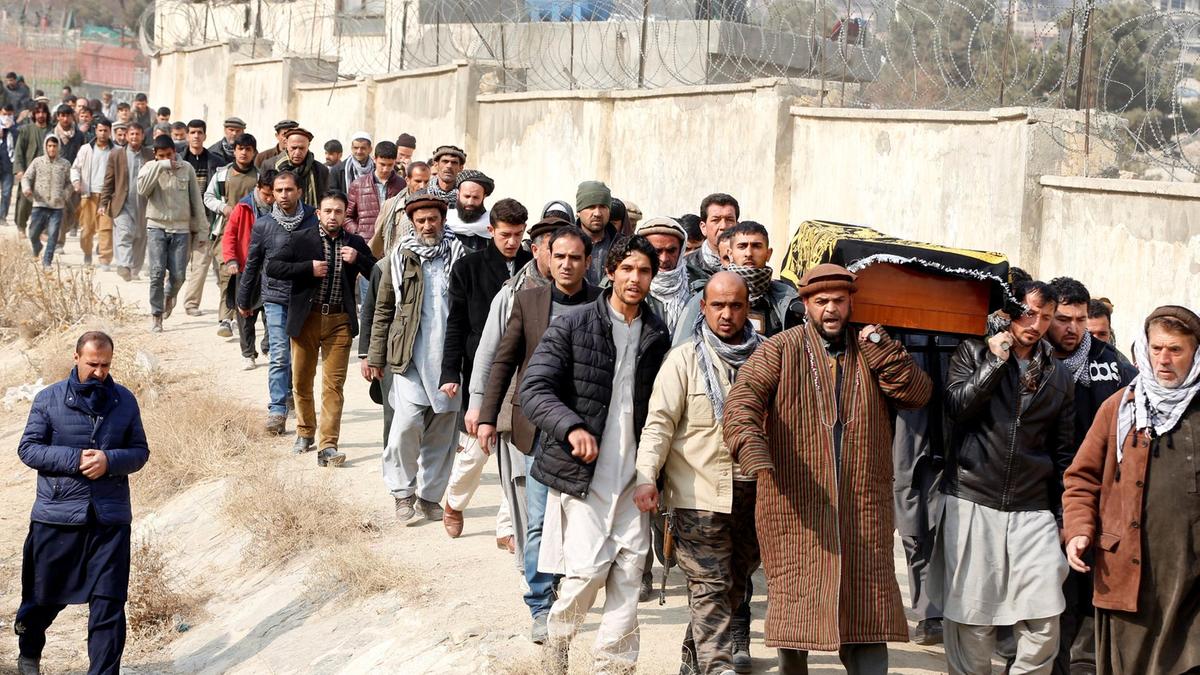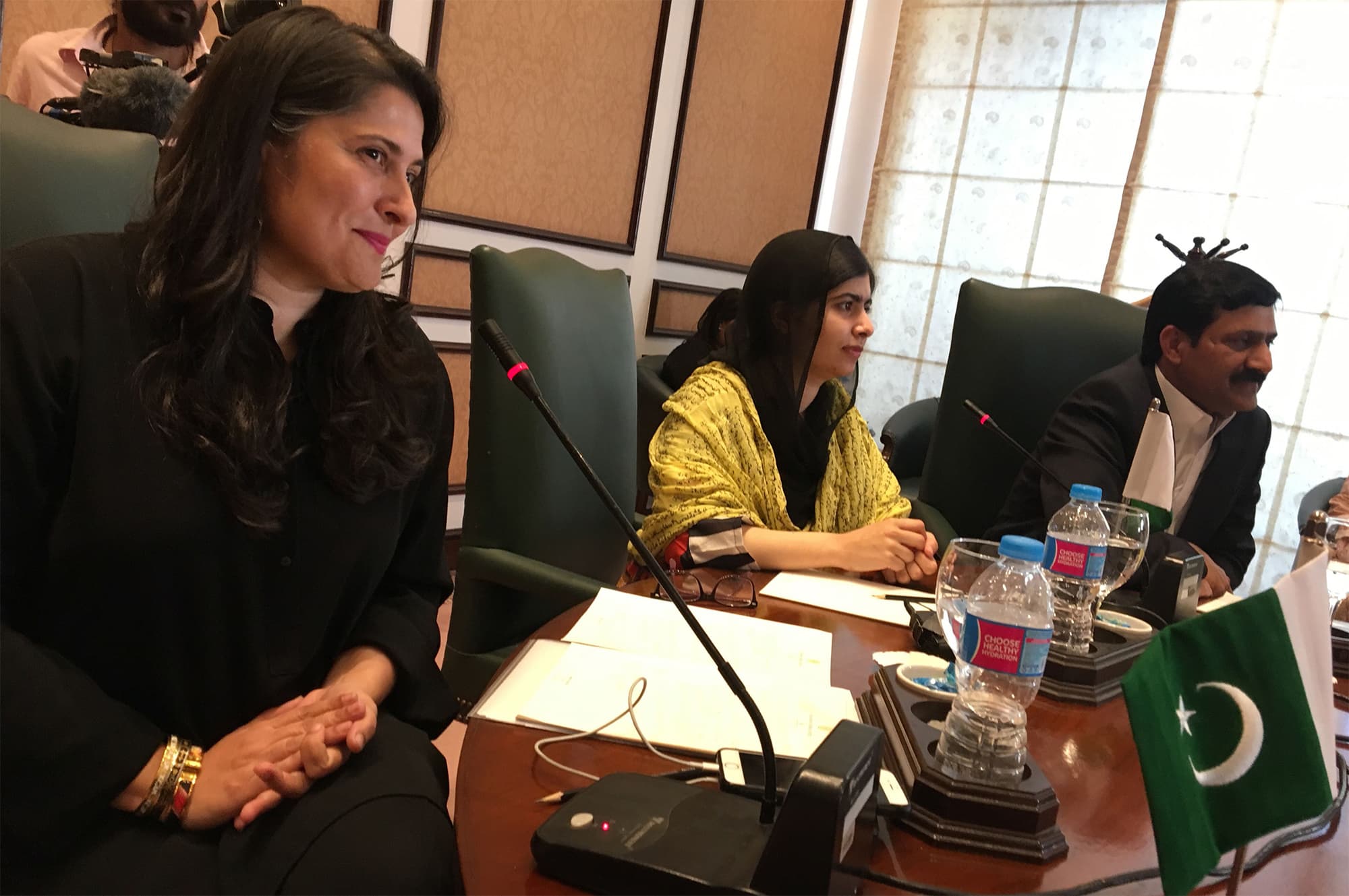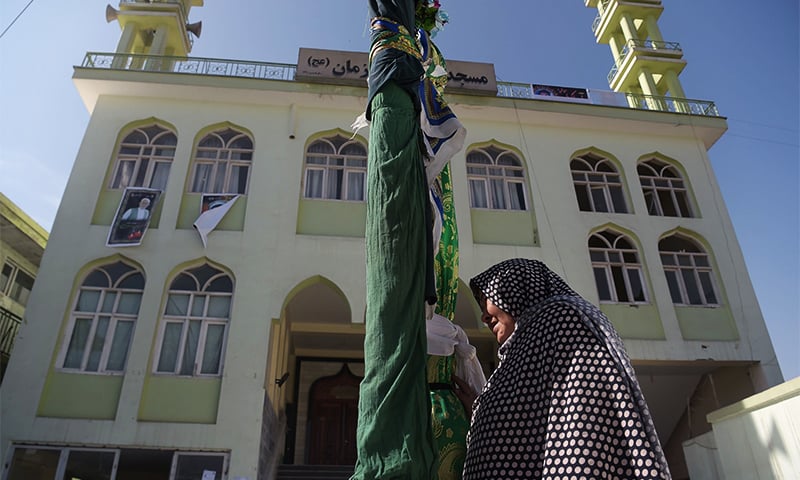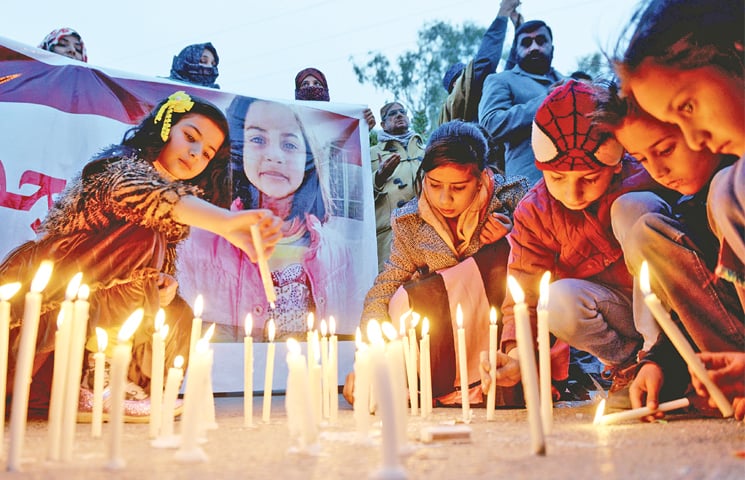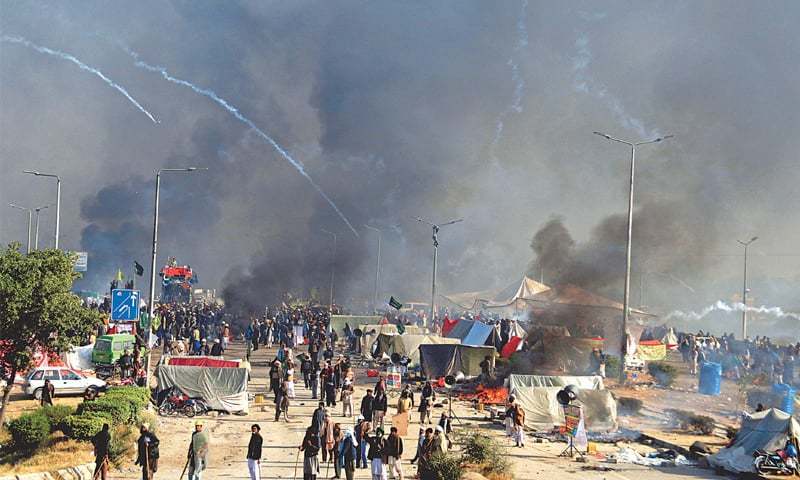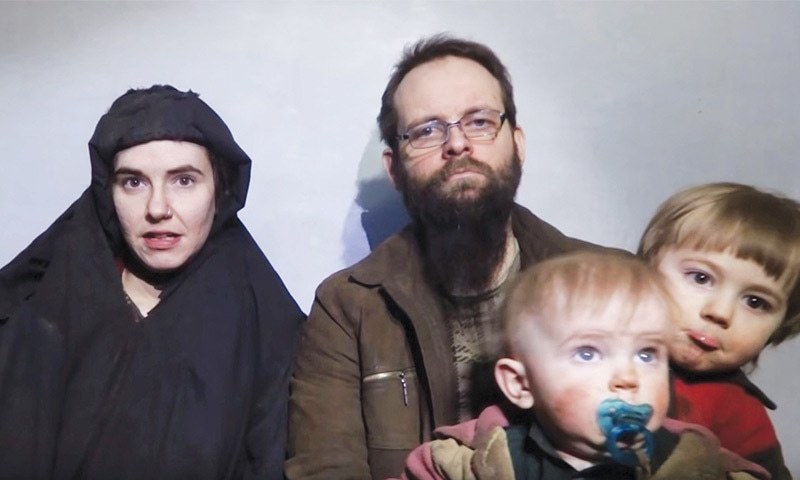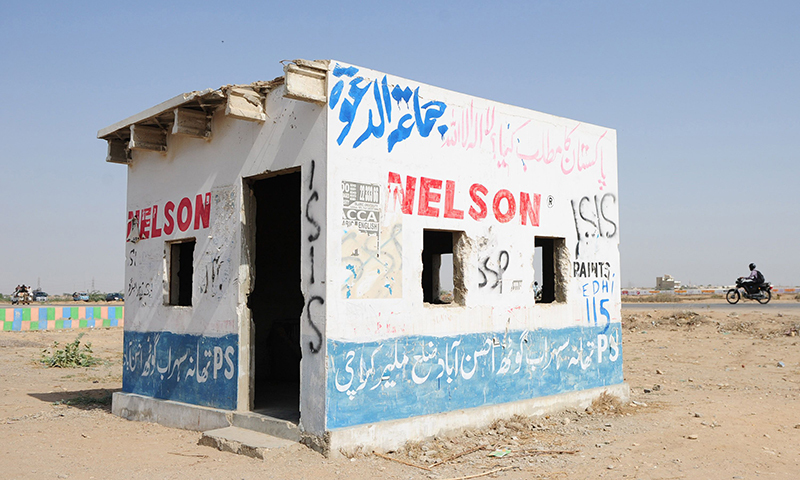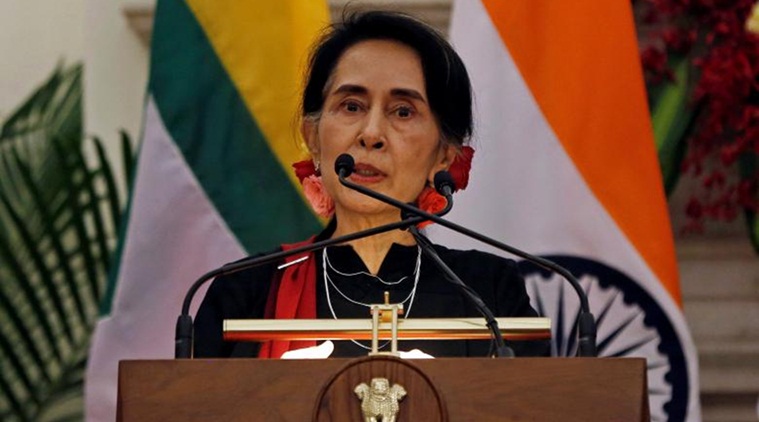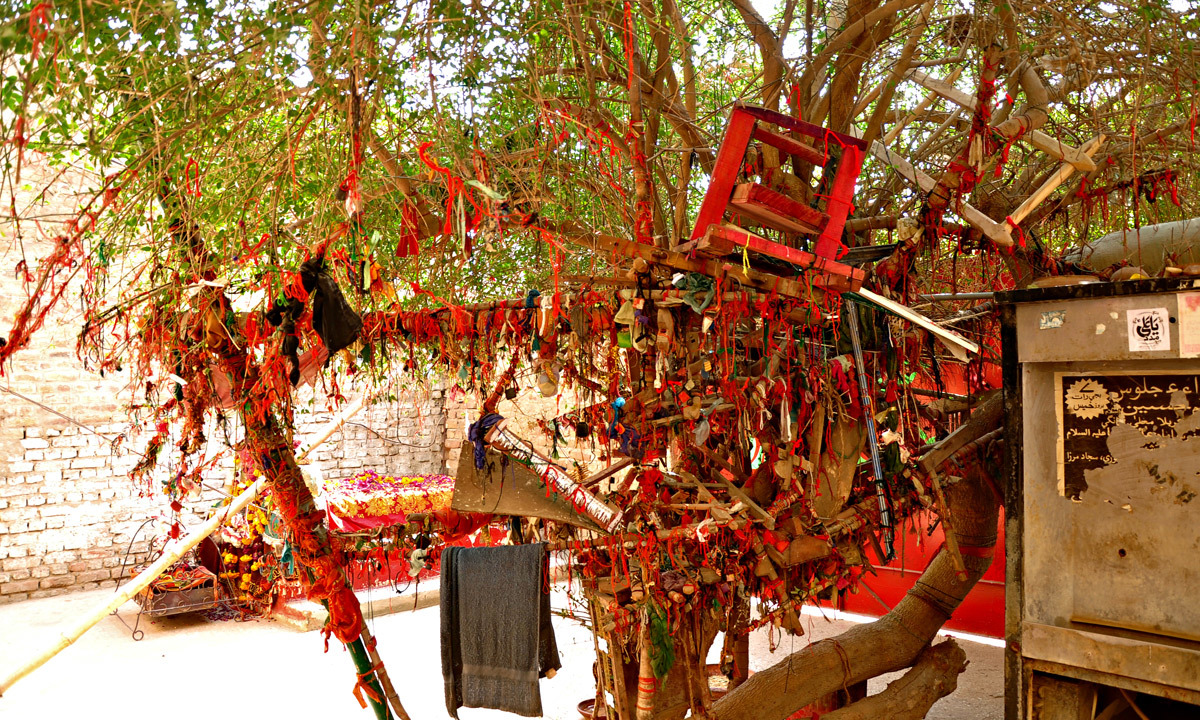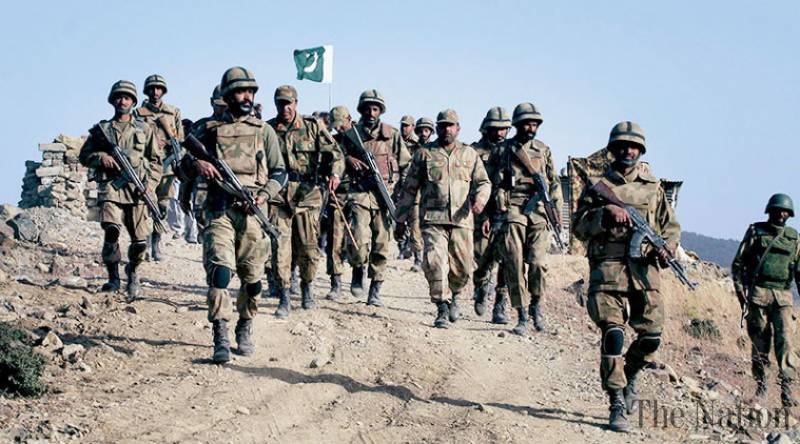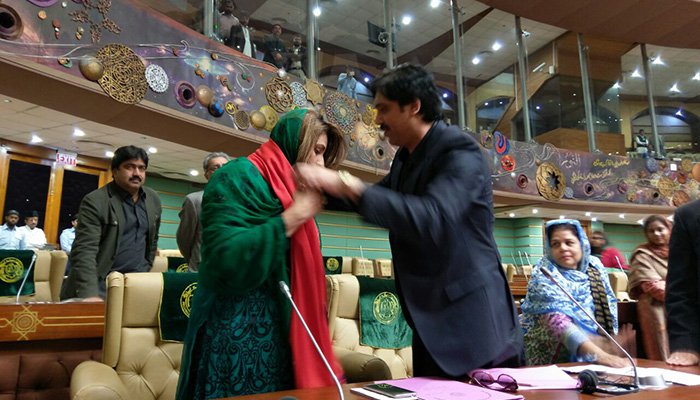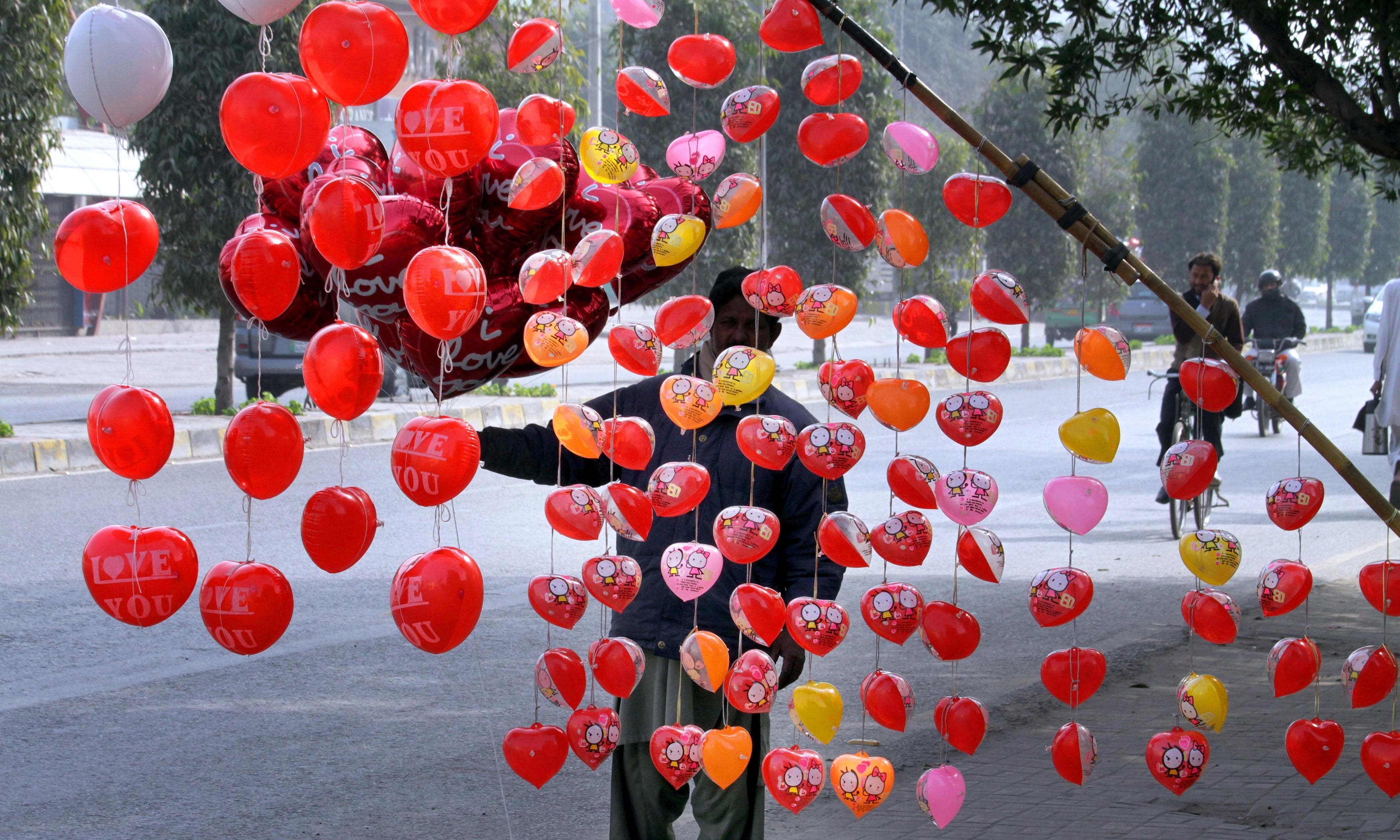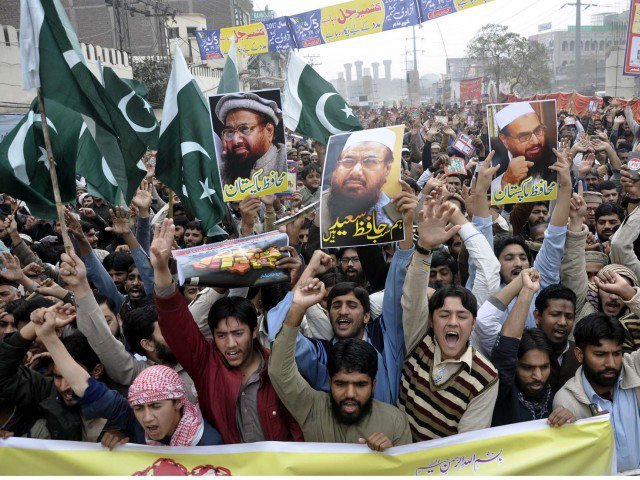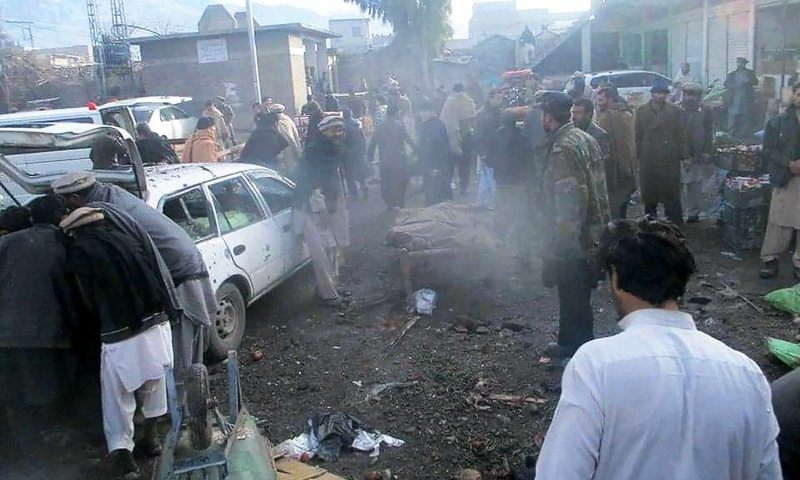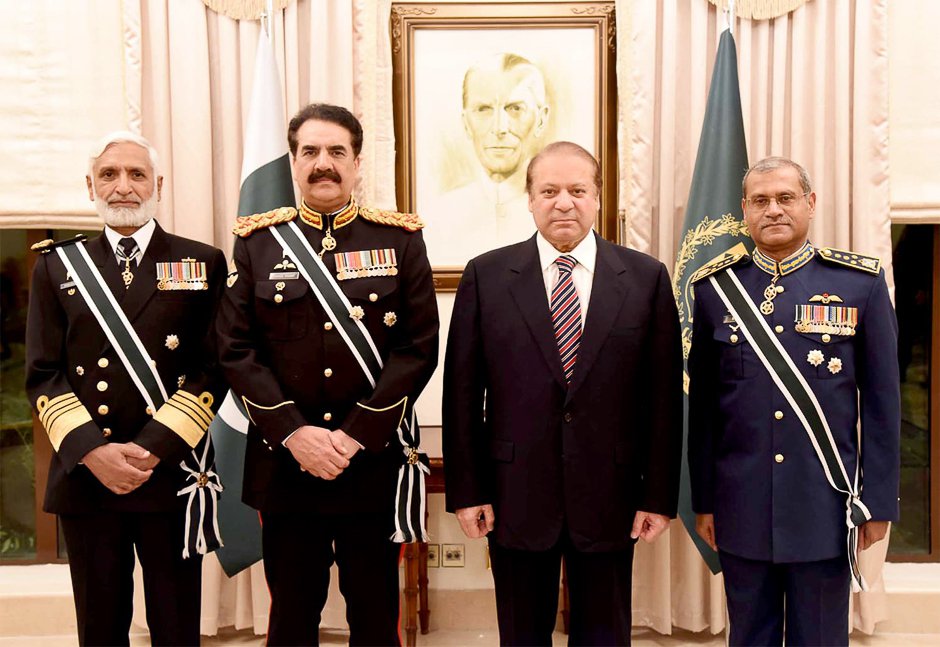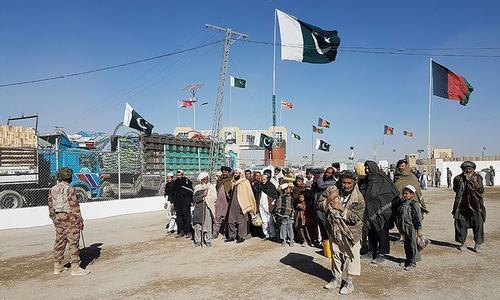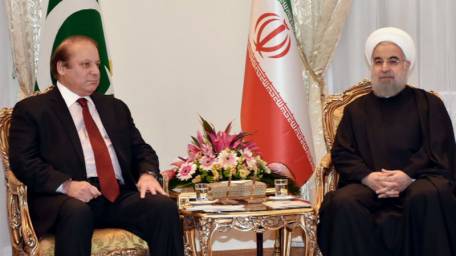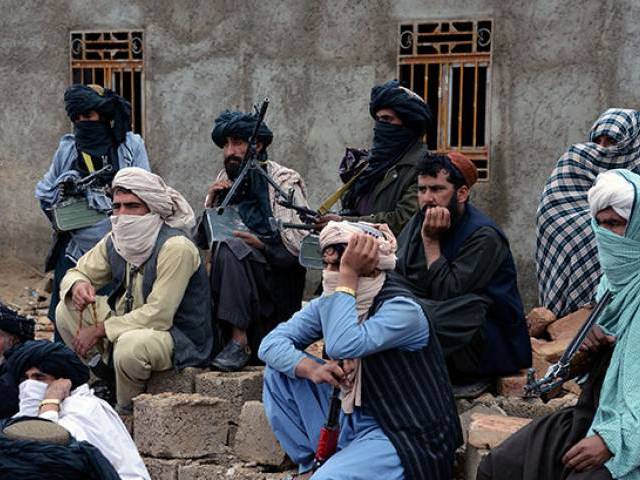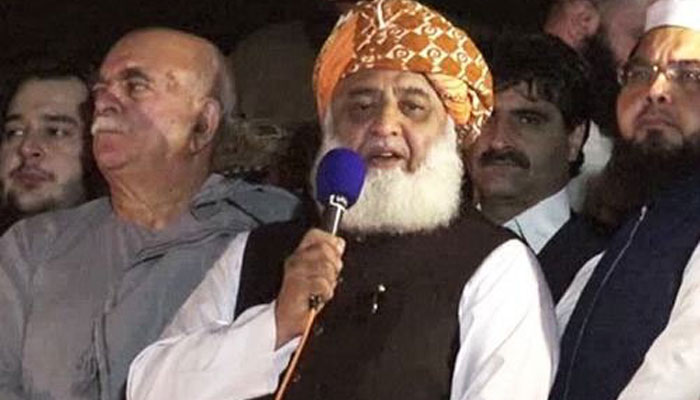
Will Fazlur Rahman succeeding in his primary objective? Will Imran Khan resign? Or, will his protests end up strengthening the Deep State’s political space, instead of weakening the PTI?
Conflict Reader # 76, 10 November 2019
CR Analysis
D. Suba Chandran
Professor
International Strategic and Security Studies Programme (ISSSP)
National Institute of Advanced Studies (NIAS), Bangalore
An abridged version of this analysis was first published in the Hindu BusinessLine. See "Azadi March in Pakistan, a damp squib," The Hindu BusinessLine, 8 November 2019
The much expected Azadi march of Maulana Fazlur Rahman, that started from Karachi on 28 October, entered Islamabad three days later. The government has not acted against the marchers. Not until now.
Will Fazlur Rahman succeeding in his primary objective? Will Imran Khan resign? Or, will his protests end up strengthening the Deep State’s political space, instead of weakening the PTI?
Fazlur Rahman’s Endgame
The stated objective is Imran Khan’ resignation, for his failure to fulfil the electoral promises and his inability to take Pakistan from its political and economic miseries. Even a harsh critic of Imran Khan, though agree with Fazlur, would still give some more time. After all, this is his first stint in power. Fazlur would be agreeable for the continuation of this government minus Imran Khan. For him, Imran has to go.
The Azadi march is meant to keep Fazlur politically relevant. Though the JUI was not electorally successful during the last two decades, the 2018 elections were the worst – both for the party and Fazlur. Following the 2013 elections, the party had 15 seats in the National Assembly; he had a better equation with Nawaz Sharif. In 2008, he won a Parliamentary seat; his party did reasonably well as well. 2002-08 was the golden age for both Fazlur and JUI. The party was a part of the coalition both at the national level and in provinces – KP and Balochistan.
When compared to the previous three elections, 2018 was a disaster for the JUI-F. It could not win a single seat for the National Assembly. For Fazlur Rahman, it was a greater insult. PTI won both the seats he contested in Dera Ismail Khan, supposed to be his political and electoral fort.
Besides the electoral failure in 2018, the equation between him and the PM was another reason for his outburst against Imran Khan. Both Nawaz and Zardari gave him a better status. He was the leader of the opposition following 2002 elections. Imran Khan would not provide any of this to Fazlur.
For Fazlur Rahman, the endgame of the march is simple – political relevance. If he expects that Imran would resign, or agree to another election, he is mistaken.
Will Imran Khan resign?
Imran Khan will not resign, for four reasons. First, despite the failure in performance, there is no visible public anger that would bring people to the streets and join the Azadi march. Thanks to JUI’s gender approach, one could not see women as a part of the march; the upper middle class and those who are not in favour of a Mullah narrative within the civil society are not backing the march.
Smartly, Imran has succeeded in diverting the public opinion on domestic issues. Anti-India, anti-Modi and pro-Kashmiri slogans and rhetoric have become the primary policy pursuits of his government. Had it not been for India’s new initiatives in J&K and New Delhi’s reluctance to engage Pakistan, Imran Khan could have been facing a serious public outcry.
Second, Imran Khan is also aware that the opposition is not united behind Fazlur Rahman. Much to the dismay of Fazlur Rahman, the two leading parties – PML-N and PPP are not fully supporting the Azadi march. Only the smaller parties – both at the national and provincial levels have extended their support to the Maulana.
The PPP is facing its own demons. Zardari is not keeping well and his participation is out of question. Bilawal Bhutto, is playing a cat and mouse game in taking part in the Azadi march. The PML-N seems to be a divided house. While the elder brother – Nawaz may be keen to support Fazlur and want the PML-N to take active part in the Azadi march, the younger brother – Shabaz is not. The latter is the President of the party, and has his own reasons; the most important one is – he is aware that the Establishment stands behind Imran Khan, and asking for his resignation is banging against the wall.
And that would form the third reason, why Imran Khan is not likely to resign. He should be confident that he has remained “their boy” so far, and there is no reason why the Deep State would want him to resign. Before 2013, while there was a genuine expectation for change, especially from the young Pakistanis. However, that was not the only factor that catapulted Imran Khan to power. He had the backing of the Establishment. And he still has.
Fourth, though the march started in Karachi and entered Islamabad via Punjab, there is not much of a support to Fazlur amongst the Sindhis and Punjabis.
With Establishment having his back, and Punjab-Sindh not backing Fazlur, Imran is not likely to resign.
So where does the Deep State stand?
If there are any doubts about where the Establishment stands on Azadi march, it was cleared by Maj Gen Asif Ghafoor, the Director General of Pakistan’s Inter-Services Public Relations (ISPR). Responding to Fazlur’s demand that the institutions should remain impartial, Gen Ghafoor commented that the army’s support “lies with a democratically elected government.” Clearly, the military is with Imran Khan.
The Establishment’s primary objective is to keep the PPP and PML-N away. Imran Khan remains a better option for them. Nawaz Sharif was also an Establishment man in the 1980s, but he had a bad fallout in the late 1990s. PPP and Zardari are also no go area; the Bhutto legacy is still strong within the PPP for mending the fence with Bilawal.
Besides, with the immediate borders in the east and the west being unstable, the Deep State is unlikely to weaken the elected government.
As a result, Imran Khan would not go. But, Fazlur Rahman would. His march would fizzle out in 2019, as Imran’s did in 2014. One can sit-in and stay put in Islamabad. But how long, especially with winter approaching, and PML-N and PPP not joining? Imran would know better. Had it not been for the terrible terrorist attack in December 2014, Imran would not have a face-saving exit from his Azadi march against Nawaz then.
Without active support from the PPP and PML-N, Fazlur will beat a sorry retreat. In the name of national interest and regional environment, the Establishment would intervene and ask Fazlur to stand down. Perhaps, it would demand that everyone should concentrate on Kashmir.
Like the terrorist attack in Peshawar gave a face-saving exit for Imran in 2016, perhaps another one inside Pakistan or in J&K would do the trick for Fazlur in 2019.
